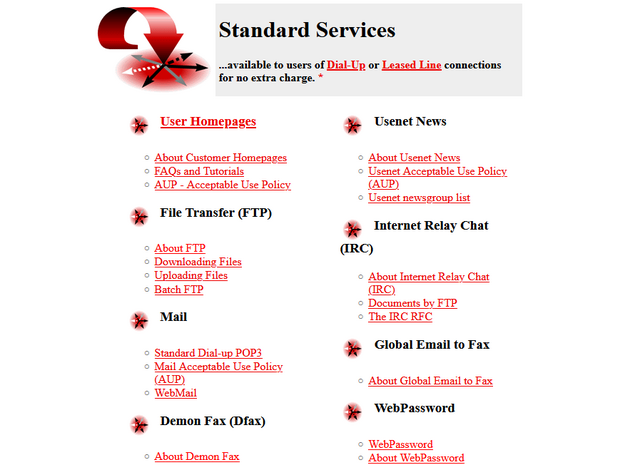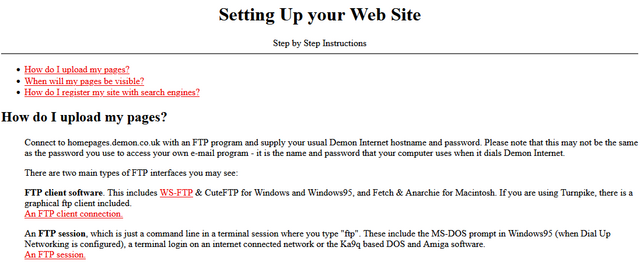A freaking excellent longread by Eevee (Evelyn Woods), lamenting the direction of popular technological progress and general enshittification of creator culture. It’s ultimately uplifting, I feel, but it’s full of bitterness until it gets there. I’ve pulled out a couple of highlights to try to get you interested, but you should just go and read the entire thing:
…
And so the entire Web sort of congealed around a tiny handful of gigantic platforms that everyone on the fucking planet is on at once. Sometimes there is some sort of partitioning, like Reddit. Sometimes there is not, like Twitter.
That’s… fine, I guess. Things centralize. It happens. You don’t get tubgirl spam raids so much any more, at least.
But the centralization poses a problem. See, the Web is free to look at (by default), but costs money to host. There are free hosts, yes, but those are for static things getting like a thousand visitors a day, not interactive platforms serving a hundred million. That starts to cost a bit. Picture logs being shoveled into a steam engine’s firebox, except it’s bundles of cash being shoveled into… the… uh… website hole.
…
I don’t want to help someone who opens with “I don’t know how to do this so I asked ChatGPT and it gave me these 200 lines but it doesn’t work”. I don’t want to know how much code wasn’t actually written by anyone. I don’t want to hear how many of my colleagues think Whatever is equivalent to their own output.
…
I glimpsed someone on Twitter a few days ago, also scoffing at the idea that anyone would decide not to use the Whatever machine. I can’t remember exactly what they said, but it was something like: “I created a whole album, complete with album art, in 3.5 hours. Why wouldn’t I use the make it easier machine?”
This is kind of darkly fascinating to me, because it gives rise to such an obvious question: if anyone can do that, then why listen to your music? It takes a significant chunk of 3.5 hours just to listen to an album, so how much manual work was even done here? Apparently I can just go generate an endless stream of stuff of the same quality! Why would I want your particular brand of Whatever?
Nobody seems to appreciate that if you can make a computer do something entirely on its own, then that becomes the baseline.
…
Do things. Make things. And then put them on your website so I can see them.
Clearly this all ties in to stuff that I’ve been thinking, lately. Expect more posts and reposts in this vein, I guess?

![Stylish (for circa 2000) webpage for HoTMetaL Pro 6.0, advertising its 'unrivaled [sic] editing, site management and publishing tools'.](https://bcdn.danq.me/_q23u/2025/08/hotmetal-pro-6-640x396.jpg)

